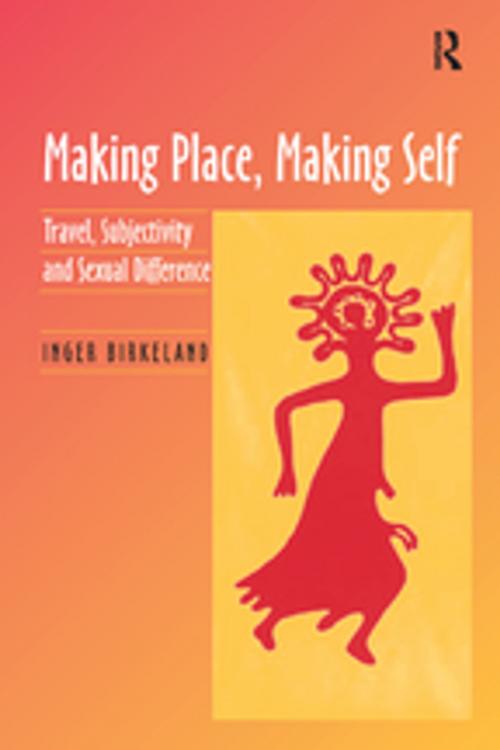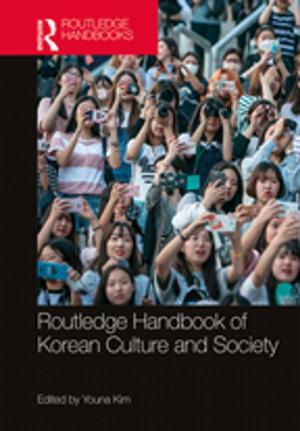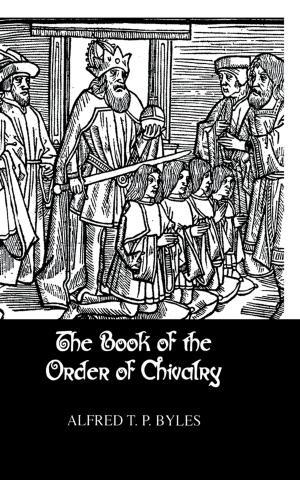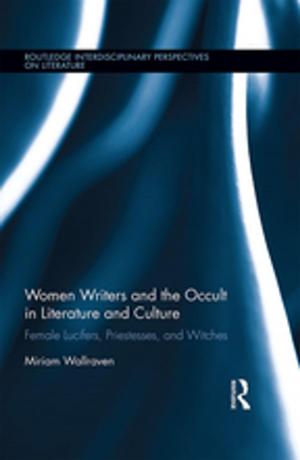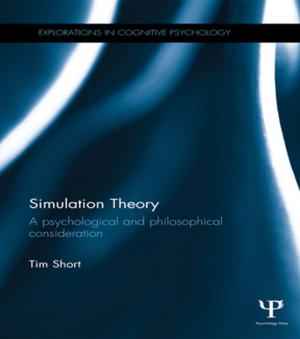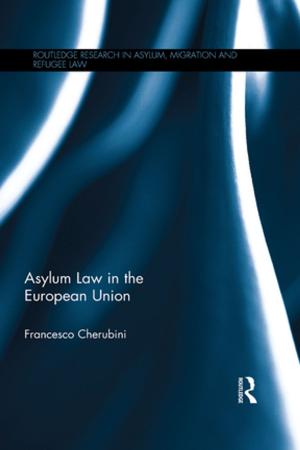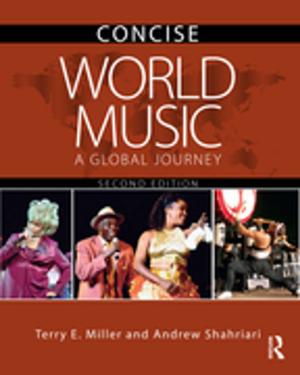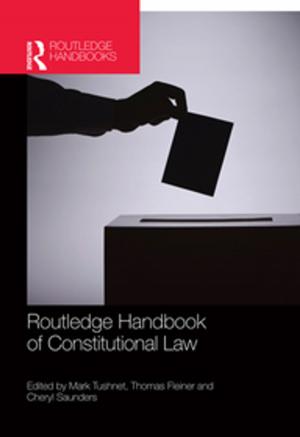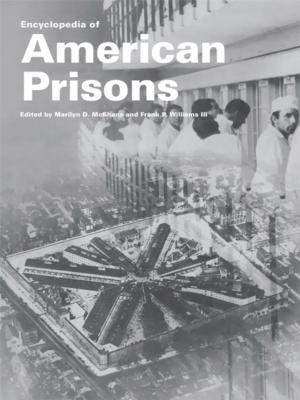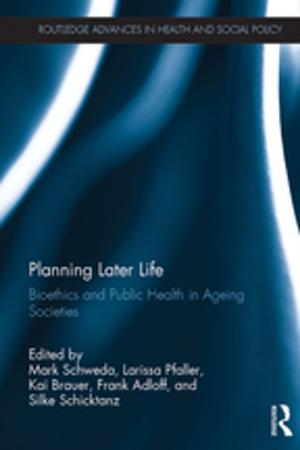| Author: | Inger Birkeland | ISBN: | 9781351920803 |
| Publisher: | Taylor and Francis | Publication: | March 2, 2017 |
| Imprint: | Routledge | Language: | English |
| Author: | Inger Birkeland |
| ISBN: | 9781351920803 |
| Publisher: | Taylor and Francis |
| Publication: | March 2, 2017 |
| Imprint: | Routledge |
| Language: | English |
Making Place, Making Self explores new understandings of place and place-making in late modernity, covering key themes of place and space, tourism and mobility, sexual difference and subjectivity. Using a series of individual life stories, it develops a fascinating polyvocal account of leisure and life journeys. These stories focus on journeys made to the North Cape in Norway, the most northern point of mainland Europe, which is both a tourist destination and an evocation of a reliable and secure point of reference, an idea that gives meaning to an individual's life. The theoretical core of the book draws on an inter-weaving of post-Lacanian versions of feminist psycho-analytical thinking with phenomenological and existential thinking, where place-making is linked with self-making and homecoming. By combining such ground-breaking theory with her innovative use of case studies, Inger Birkeland here provides a major contribution to the fields of cultural geography, tourism and feminist studies.
Making Place, Making Self explores new understandings of place and place-making in late modernity, covering key themes of place and space, tourism and mobility, sexual difference and subjectivity. Using a series of individual life stories, it develops a fascinating polyvocal account of leisure and life journeys. These stories focus on journeys made to the North Cape in Norway, the most northern point of mainland Europe, which is both a tourist destination and an evocation of a reliable and secure point of reference, an idea that gives meaning to an individual's life. The theoretical core of the book draws on an inter-weaving of post-Lacanian versions of feminist psycho-analytical thinking with phenomenological and existential thinking, where place-making is linked with self-making and homecoming. By combining such ground-breaking theory with her innovative use of case studies, Inger Birkeland here provides a major contribution to the fields of cultural geography, tourism and feminist studies.
